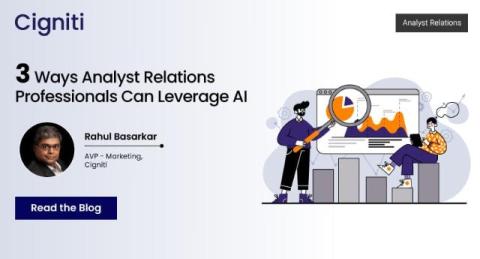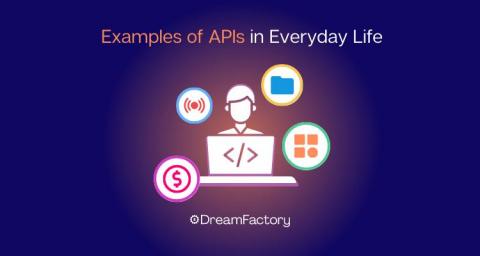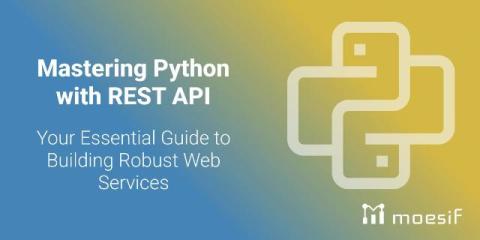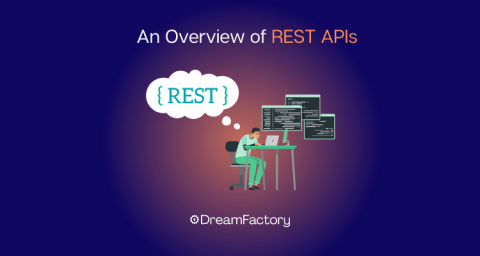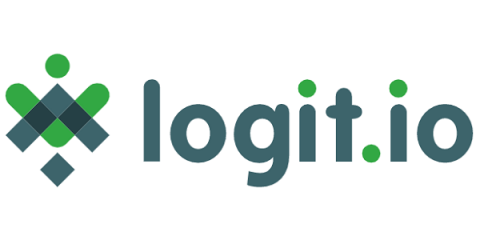3 Ways Analyst Relations Professionals Can Leverage AI
How to leverage artificial intelligence to enhance the value and impact of analyst relations. Analyst relations (AR) is a strategic function that aims to build and maintain positive relationships with industry analysts, influencers, and experts who provide insights, guidance, and recommendations to technology buyers and vendors.


